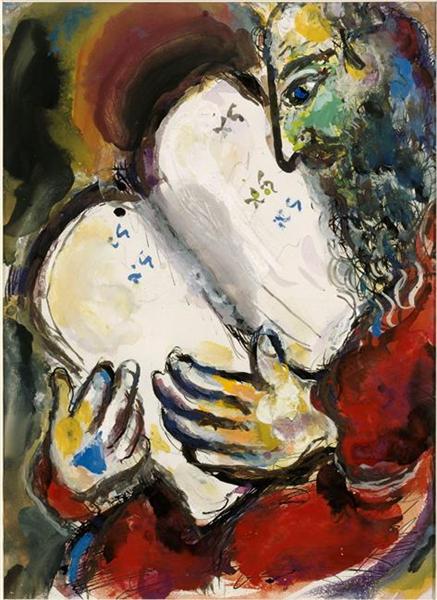The Great Commission in Old Testament Law | February 2020
Dear friends,
But as Chris Wright reminds us, “The mission of Israel was to be a light and blessing to the nations. The ‘mission’ of the law was to shape Israel for that task.”* What does this look like? First, we see God’s mission in the relational context of the law. We also see God’s mission in the purpose of the law. And in the Old Testament law God reveals his own character.
The RELATIONAL context of the Old Testament law
Read Exodus 6:6-8. “I will bring you out from under the yoke of the Egyptians… I will take you as my own people, and I will be your God.”
The Old Testament law isn’t an abstract set of moral principles. Instead it forms the contract, or covenant, God made between himself and the nation of Israel. These laws concretely lay out how they will live as ‘my own people.’ This relationship is based on God’s promise to their ancestor Abraham that “I will make you into a great nation… and all peoples on earth will be blessed through you” (Gen 12:1-3), and on God’s rescue of the Israelites from hundreds of years of slavery in Egypt. The primary requirement in this covenant relationship is single-hearted commitment to God: “Hear, O Israel: The Lord is our God, the Lord alone. You shall love the Lord your God with all your heart, and with all your soul, and with all your might” (Deut 6:4-5). God’s mission is to bring people from all nations into a restored relationship with himself. The most important thing Israel is to demonstrate to the nations around them living as God’s people? Absolute relational faithfulness.
Read Exodus 19:3-6. “Out of all nations you will be my treasured possession. Although the whole earth is mine, you will be for me a kingdom of priests and a holy nation.”
God didn’t choose the Israelites because they somehow deserved it, or because he didn’t care about the rest of the world. He chose this group of people to be a ‘kingdom of priests,’ that is, to represent him to the rest of the world. They were ‘holy’ not in the sense that they were perfect or super-spiritual but in the sense that God set them apart for his own special use. The nation of Israel was to serve as a sort of planned community showing the other nations what it looks like to live in close relationship with God. The laws God gave them through Moses were their instructions for how to model that relationship in every aspect of life.
God’s CHARACTER in the Old Testament law
Read Exodus 34:4-7. “The Lord, the Lord, the compassionate and gracious God, slow to anger, abounding in love and faithfulness.”
Many of the specific instructions in the Old Testament law seem strange to our 21st-century ears. But in these details not only do we see God’s love and willingness to forgive sins, we also see his compassion for the poor, for women, for the marginalized, for migrants – especially when contrasted with other ancient laws like the Code of Hammurabi or Code of Ur-nammu.

Leviticus and Deuteronomy are full of prescriptions to guarantee the just distribution of land, to assure that slaves will be treated well, to protect women through marriage and dowry rights, and to welcome the stranger. The Israelites also receive the protection and benefits (‘blessings’) of being in a contractual relationship with an all-powerful deity – the one who claims to rule over the entire earth. This is the God they are to represent to the nations.
So how does this work out? Do the Israelites remain 100% faithful to God? Do they teach the nations around them to know God? Is God’s true character demonstrated in the ways the Israelites treat each other and their neighbors?
Sadly, no. In the end Israel’s failure to keep the Old Testament law merely proves people’s need for a different way to live in relationship with God. (Spoiler alert: Jesus!) In the Bible’s unfolding story it will take a new rescue operation and a new covenant to reconstitute God’s people as a new community – the church – called in new ways to represent him to the world. But as we look at God’s relationship with the people of Israel, spelled out in the Old Testament law, it becomes clear that from the very beginning God’s people are commissioned to take their place in his mission to the nations.
Image – Les Dix Commandements by Marc Chagall
By Rev. Dr. Stephanie Black, World Outreach Co-op Worker with Serge














Recent Comments